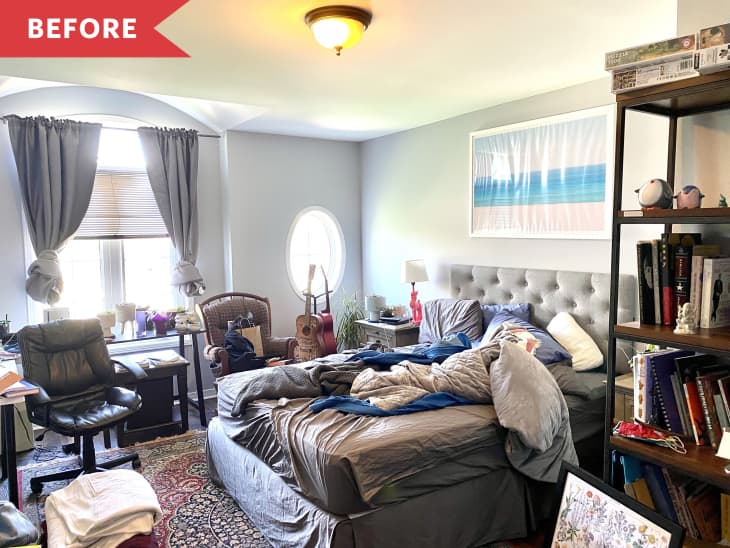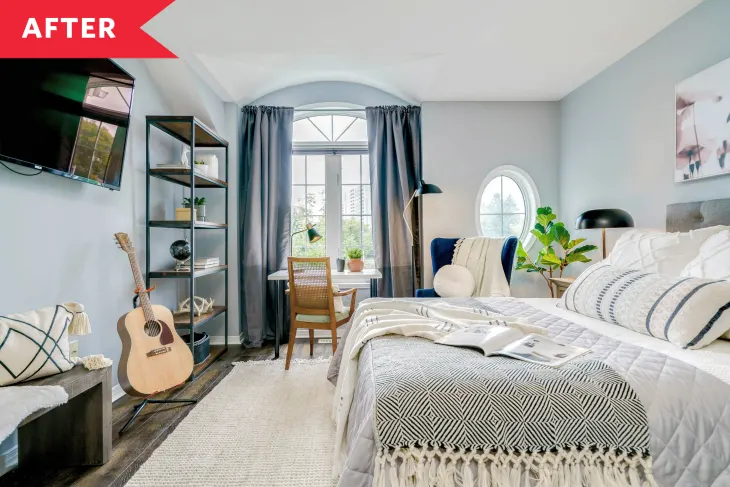To Reduce Or Not To Reduce The Home Asking Price…
Maximizing Your Home’s Value: When to Reduce the Asking Price
Keywords: Real Estate, Home Selling Strategies, Pricing Your Home, Negotiation Tips, Sell Your Home
Selling a home can be a daunting task, and one of the most important decisions you’ll make is setting the right asking price. Pricing your home too high can deter potential buyers, while pricing it too low can result in leaving money on the table. Here are some key factors to consider when determining your asking price:
- Market Analysis: Research recent sales of comparable homes in your neighborhood to get a sense of current market trends.
- Home Condition: Assess your home’s condition and compare it to similar properties. Upgrades and improvements can justify a higher asking price.
- Buyer Demand: Consider the demand for homes in your area. If there are many buyers and few sellers, you may be able to set a higher price.
- Negotiation Room: Leave some room for negotiation in your asking price. This can give you more flexibility during the selling process.
By carefully considering these factors and working with a knowledgeable real estate agent, you can determine an appropriate asking price for your home and increase your chances of a successful sale.
1. Assess Market Data
The first step is to carefully analyze market data. Research recent sales of comparable homes in your neighborhood to get a sense of current market trends. This will help you determine a realistic price range for your home.
2. Consider Buyer Demand
Keep in mind that the value of your home is ultimately determined by what buyers are willing to pay. If you’re receiving multiple offers, it’s a good sign that your asking price is competitive. However, if your home has been on the market for an extended period without generating much interest, it may be necessary to reassess your pricing strategy.
3. Evaluate Your Home’s Condition and Upgrades
Compare your home’s condition and upgrades to those of recently sold homes in your neighborhood. If your home has comparable features and is in excellent condition, you may be able to justify a higher asking price. Conversely, if your home needs significant repairs or updates, you may need to adjust your price accordingly.
4. Factor in Market Trends
Consider the overall market trends in your area. In an appreciating market, you may be able to ask slightly above the highest recent sale price. However, in a depreciating market, it may be prudent to price your home below the lowest recent sale.
5. Leave Room for Negotiation
It’s generally a good practice to set your asking price slightly higher than your ideal selling price to allow for negotiation. This gives you some flexibility during the negotiation process and can help you achieve a mutually beneficial agreement.
6. Declutter and Depersonalize
In addition to pricing, there are other factors that can impact your home’s appeal to buyers. Decluttering and depersonalizing your home can make it more inviting to potential buyers. By removing personal items and creating a neutral space, you allow buyers to envision themselves living there.

7. Consider Professional Staging
Staging can enhance your home’s appeal and potentially attract more offers. A professional stager can arrange furniture, add decorative elements, and create a welcoming atmosphere that showcases your home’s best features.
By following these guidelines and working closely with your real estate agent, you can increase your chances of selling your home quickly and for a fair price. Remember, the key is to strike a balance between pricing your home competitively and maximizing its value.
Put clutter items in storage. This home sold with in a week after de-cluttering

The Impact of Decluttering on Home Value
A well-organized and decluttered home can significantly enhance its perceived value. Potential buyers are more likely to be impressed by a clean and uncluttered space, creating a positive first impression. Additionally, a decluttered home can make it easier for buyers to envision themselves living there, increasing their motivation to make an offer.
By taking the time to declutter your home before listing it for sale, you can increase its appeal to potential buyers and potentially command a higher selling price.
If you need assistance and you aren’t working with another agent we encourage you to contact us.
